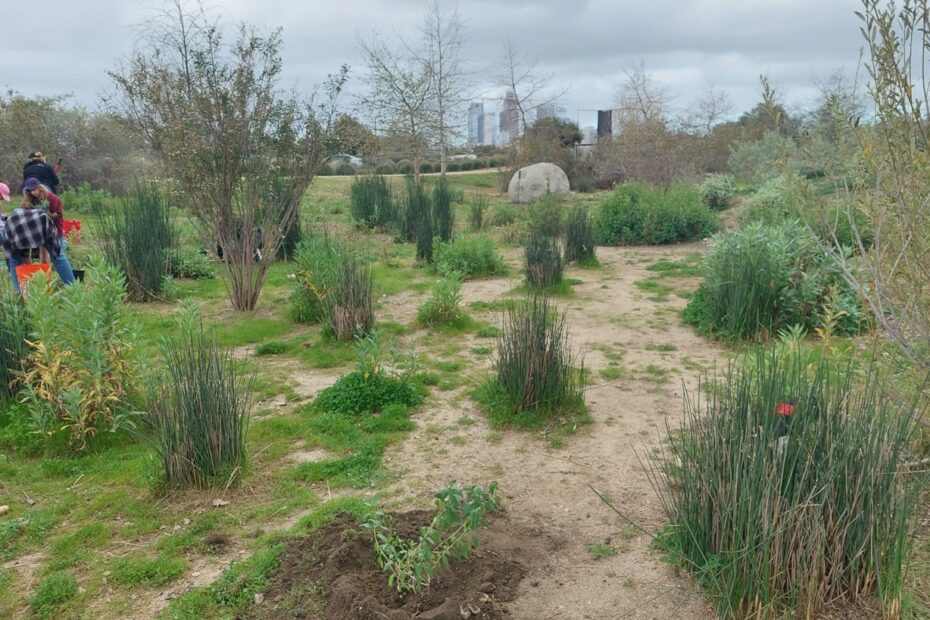Our public parks and spaces are for public use and enjoyment. They are also becoming increasing more critical in re-establishing biodiversity.
State and local parks provide opportunities for outdoor recreation, conservation, and education. With the severe climate changes happening around the world, parks have become even more important, serving as valuable tools in mitigating and adapting to climate change.
One of the most significant ways that state and local parks can help in the face of climate change is by acting as carbon sinks. Trees and other vegetation absorb carbon dioxide, reducing the amount of greenhouse gases in the atmosphere. The more trees there are in a park, the more carbon they can store, and the less carbon will be in the atmosphere. By protecting and preserving these natural areas, state and local parks can help to mitigate the effects of climate change by reducing the concentration of greenhouse gases in the atmosphere.
Additionally, state and local parks can serve as natural buffers against extreme weather events. Parks, particularly those with wetlands or other natural features, can absorb and store excess water from heavy rainfall and storms, reducing the risk of flooding and erosion. They also act as heat sinks, helping to mitigate the urban heat island effect by providing shade and cooling areas in cities.
Parks further offer visitors opportunities to learn about the local ecosystems, wildlife, and geology, and how they are affected by climate change. Many parks also offer educational programs and activities to help visitors better understand climate change and its impacts. Project Monarch LA is one of those projects.
Beyond their ecological benefits, parks are essential for promoting public health and well-being, particularly during times of stress or crisis. They offer a beautiful, peaceful and relaxing environment for people to exercise, socialize, and enjoy nature, all of which have been shown to reduce stress, anxiety, and depression. During times of crisis, such as the COVID-19 pandemic, parks provided a much-needed respite for people to safely gather outdoors while still maintaining social distancing.
However, despite their importance, parks are facing significant challenges, particularly due to climate change. Increased temperatures and prolonged droughts can make it difficult for parks to maintain healthy ecosystems, and extreme weather events can cause damage to park infrastructure and facilities. To address these challenges, it is essential to prioritize funding and resources to public parks.


